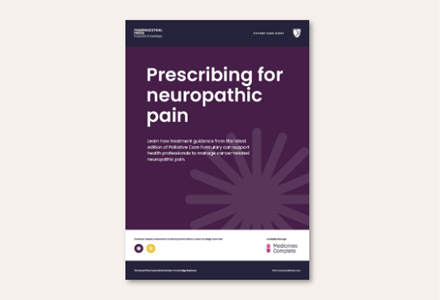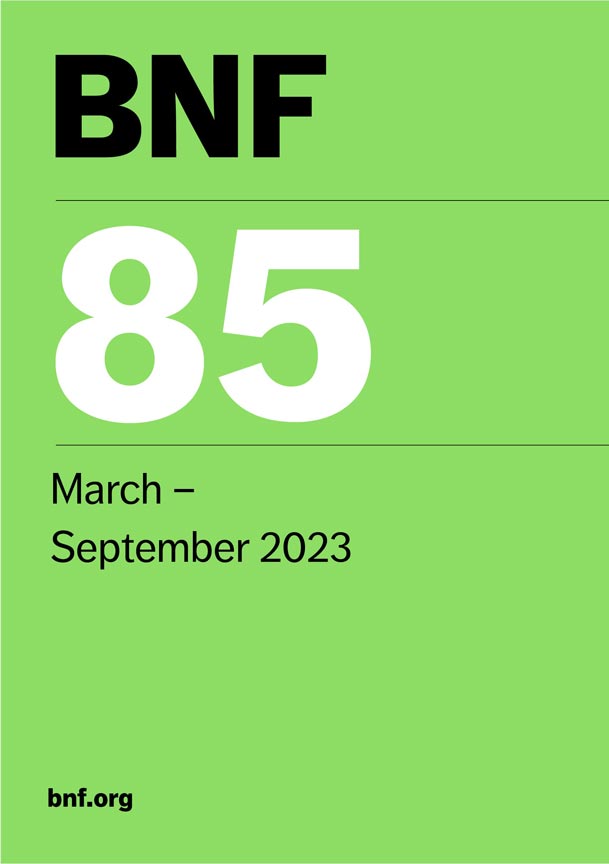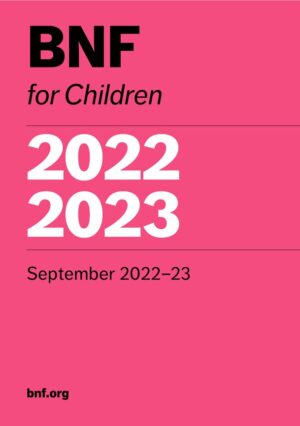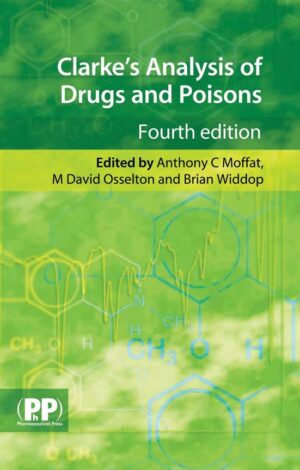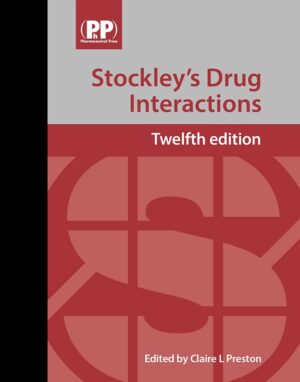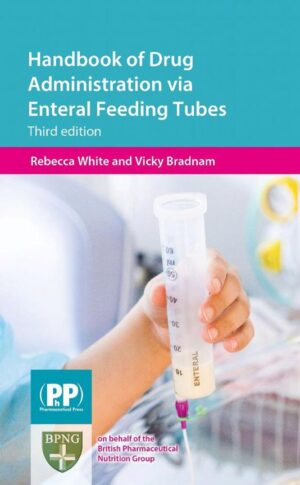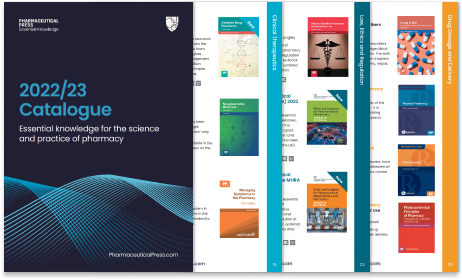Description
An integral part of the UK’s healthcare infrastructure and relied on by health professionals who prescribe, dispense, and administer medicines globally. Containing guidance on best practice in prescribing, as well as legal and ethical considerations, BNF supports safe and effective decision-making at the point of care.
Extensive content updates in the new edition include:
New monographs for:
• Aklief® [trifarotene] for acne vulgaris
• Drovelis® [drospirenone with estetrol] for hormonal contraception
• Ducressa® [dexamethasone with levofloxacin] for prophylaxis or treatment of postoperative inflammation, or prevention of infection, following cataract surgery
• Kerendia® [finerenone] for chronic kidney disease associated with type 2 diabetes
• Magnesium citrate for treatment and prevention of magnesium deficiency
• Netildex® [dexamethasone with netilmicin] for local treatment of eye inflammation and bacterial infection
• Nettacin® [netilmicin] for local treatment of eye infection
• Sibnayal® [potassium citrate with potassium bicarbonate] for distal renal tubular acidosis
• Tenkasi® [oritavancin] for acute bacterial skin and skin structure infections
• Vydura® [rimegepant] for treatment or prophylaxis of migraine
• Xerava® [eravacycline] for complicated intra-abdominal infections
MHRA advice on:
• Anagrelide: risk of thrombosis, including cerebral infarction, if treatment discontinued abruptly
• Denosumab (Prolia®): should not be used in patients under 18 years due to the risk of serious hypercalcaemia
• Dexmedetomidine: clinical trial finds increased risk of mortality in intensive care unit patients aged 65 years or younger
• Metformin hydrochloride: reduced vitamin B12 levels and new advice for monitoring patients at risk
• Methylphenidate hydrochloride long-acting (modified-release) preparations: caution if switching between products due to differences in formulations
• Nebulised asthma rescue therapy in children: home use of nebulisers in paediatric asthma should be initiated and managed only by specialists
• Rucaparib (Rubraca®): withdrawal of third-line treatment indication
• Topiramate (Topamax®): start of safety review triggered by a study reporting an increased risk of neurodevelopmental disabilities in children with prenatal exposure
Other significant changes include updated guidance on:
• Antibacterials for the prevention of secondary cases of diphtheria, and addition of guidance for the prevention of intra-uterine infection in preterm prelabour rupture of membranes
• Contraceptive interactions
• Prescribing of drugs associated with dependence and withdrawal
• COVID-19 vaccines
• Management of depression
• Diphtheria vaccine
• Management of epilepsy
• Management of gout
• Post-exposure prophylaxis of herpesvirus infections
• Hydrocortisone: addition of children’s dosing for adrenal crisis
• Management of hypertension in patients with type 1 diabetes
• Management of multiple sclerosis
• Obstetrics: preterm labour
• Tacrolimus: updated pregnancy, breast-feeding and monitoring advice
• Type 1 diabetes: inclusion of continuous glucose monitoring in aims of treatment
• Type 2 diabetes: use of non-insulin antidiabetic drugs
• Valaciclovir: update to indication and doses in line with UK Health Security Agency recommendations on post-exposure prophylaxis for chickenpox and shingles



